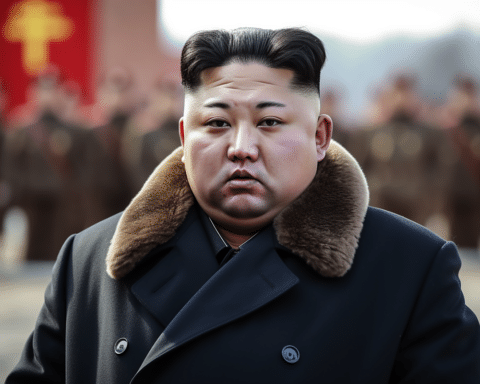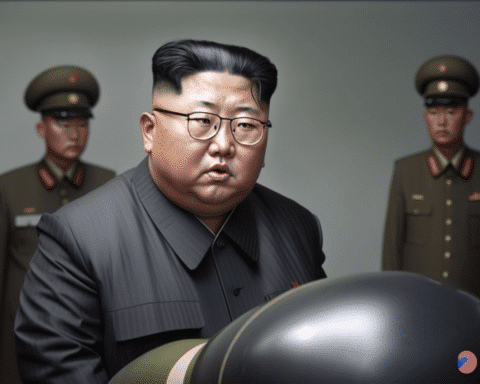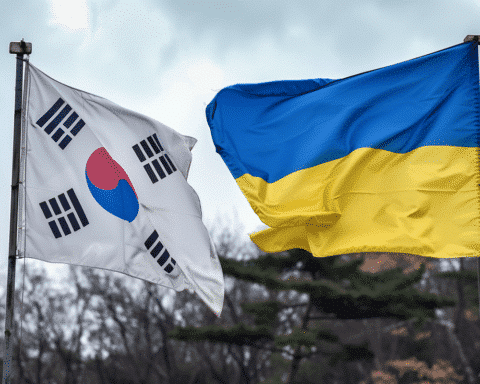South Korea is witnessing political turbulence as President Yoon Suk Yeol faces impeachment proceedings following his sudden and controversial declaration of martial law. The move, which many likened to the country’s military-backed dictatorships of the past, has sparked national outrage and legislative action to cancel the order. Here’s what you need to know about the situation.
The Impeachment Path: Yoon’s Leadership Under Scrutiny
President Yoon Suk Yeol’s declaration of martial law led lawmakers to swiftly initiate impeachment proceedings. “This is an unconstitutional, illegal rebellion or coup,” opposition leaders stated, condemning Yoon’s actions. Parliament, including some members of Yoon’s conservative People Power Party (PPP), unanimously voted to lift the martial law within six hours of its announcement.
Adding to the drama, PPP leader Han Dong-hun urged an immediate suspension of Yoon’s powers, citing intelligence that the president ordered arrests of politicians on vague charges of “anti-state activities.” With mounting protests and strikes from labor unions, the impeachment motion could pass with a two-thirds majority and move to the Constitutional Court, where the final decision will be made.
Martial Law: A Controversial Presidential Power
South Korea’s constitution grants presidents authority to declare martial law during extreme national crises. However, Yoon’s order stretched beyond constitutional limits, as critics argue. Lawmakers acted swiftly, scaling walls to evade a military cordon and gather enough votes to revoke the decree. The impeachment motion alleges Yoon’s actions amounted to rebellion, suspending parliamentary activities and deploying troops unconstitutionally.
“This is not a legitimate crisis warranting martial law,” legal experts noted, highlighting that Yoon provided little evidence for his claims of an “anti-state plot” allegedly linked to North Korea.
Historical Shadows: Martial Law’s Dark Legacy
South Korea has a painful history with martial law, often used to suppress dissent. In 1961, Gen. Park Chung-hee deployed troops in a coup that led to a 20-year military regime. His successor, Maj. Gen. Chun Doo-hwan, declared martial law during the 1980 Gwangju uprising, a brutal crackdown that resulted in hundreds of deaths. The recent echoes of these authoritarian tactics have triggered strong reactions among citizens and lawmakers alike.
Political Challenges and Corruption Scandals
Yoon’s political troubles extend beyond martial law. Since his presidency began in 2022, Yoon has struggled to push his agenda through an opposition-controlled parliament. Corruption scandals involving him and his wife, including allegations of influence peddling, have further eroded his credibility. “The president’s declaration was an attempt to divert attention from his failing political standing,” critics from the opposition claimed.
What Happens Next?
If the impeachment motion succeeds, President Yoon will be suspended while the Constitutional Court deliberates his removal. Prime Minister Han Duck-soo would assume presidential duties during this period. The process could shape the nation’s political landscape, especially with South Korea preparing for the 2027 presidential elections.
South Korea stands at a critical juncture as its democratic institutions are tested by President Yoon’s actions. The swift response from lawmakers and widespread public protests highlight the nation’s resilience against authoritarianism. As the impeachment process unfolds, the outcome will determine not just Yoon’s future but the strength of South Korea’s democracy.




